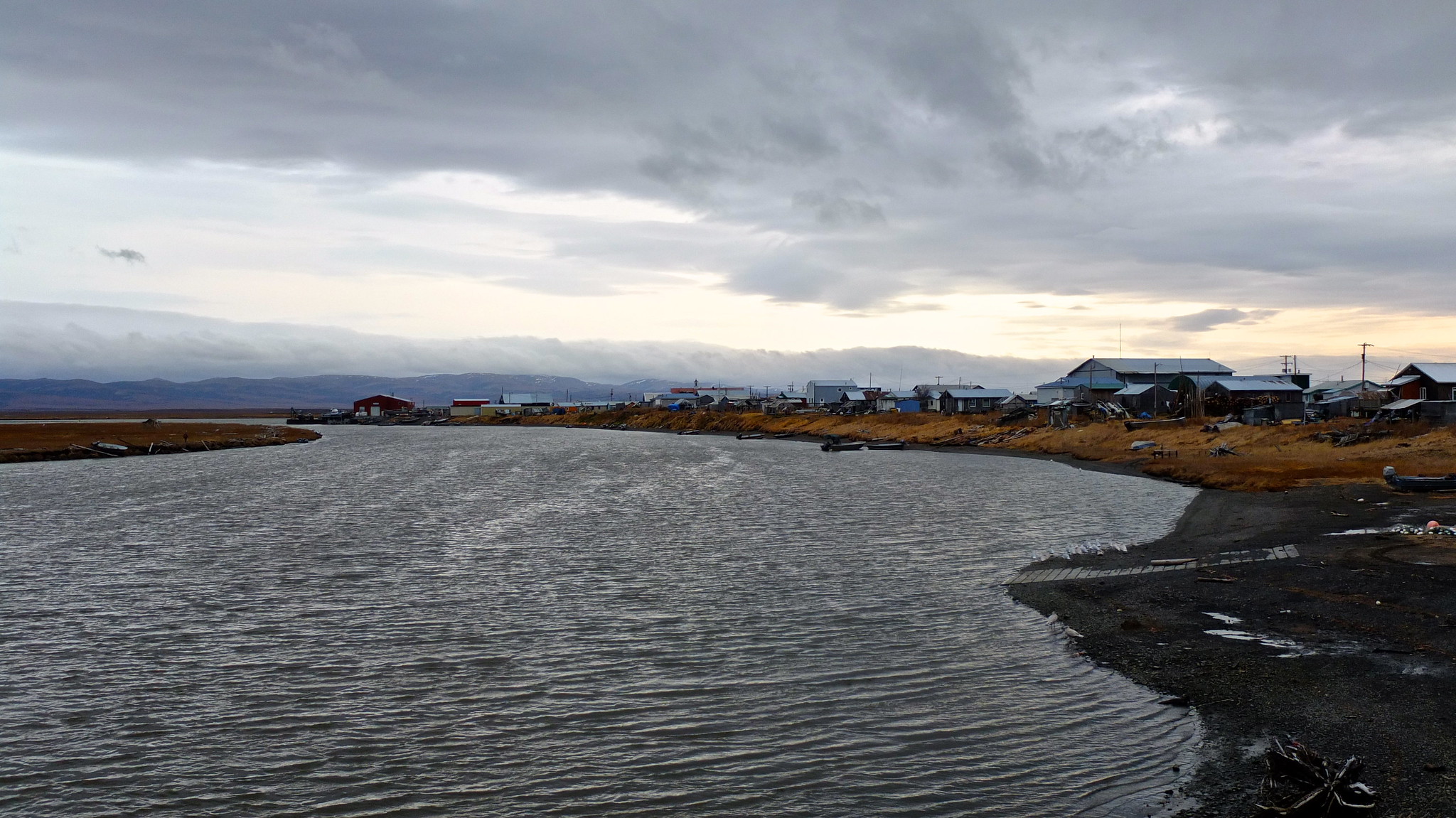With past deadly epidemics in mind, Alaska Native villages impose strict new travel limits
"Our elders remember the loss of nearly an entire generation."

Stressed by limits to local medical services and scarred by a history of deadly disease epidemics, communities in rural Alaska are imposing a series of strict travel rules to prevent the spread of the novel coronavirus.
Those restrictions have been imposed in tiny villages, in regional hubs and in the North Slope Borough, and they range from a mandatory 14-day self-quarantine for any new arrivals to a near lockdown on travel in or out.
The local restrictions go beyond a statewide order issued March 23 that requires all new arrivals in Alaska to self-quarantine for 14 days. They limit or, in some cases, ban travelers from other parts of Alaska, including nearby regional hubs.
There are practical reasons for the restrictions, but history and culture also weigh heavily in the decisions.
In a sweeping bar on “unrestricted entry” into the northernmost Alaska communities, the North Slope Borough invoked that history.
“Our elders remember the loss of nearly an entire generation, and we must act now, out of an abundance of caution, to avoid a regional pandemic and loss of life,” said the emergency order issued on Thursday by North Slope Borough Mayor Harry Brower. The order bans travelers’ entry to any of the Minnesota-sized borough’s eight Inupiat communities, though it allows for exceptions for those who get waivers issued by the mayor.
The March 23 order for a 14-day quarantine on new arrivals ordered by the Bering Strait regional hub of Nome opens with information about the 1918-19 influenza pandemic:.“WHEREAS, on October 20, 1918, a flu virus was introduced to Nome by persons traveling to Nome of the S.S. Victoria killing 162 Native Alaskan residents of Nome in eight days,” the order’s lead sentence says.
There are long memories in the Bering Strait region of past epidemics, said Nome city manager Glenn Steckman. That is especially so for the 1918-19 influenza, which wiped out some villages, and the 1925 diphtheria epidemic —the outbreak that prompted the sled-dog rescue mission that eventually inspired the Iditarod Trail Sled Dog Race.
“Those two illnesses have a very large impact on the Native Alaskans,” said Steckman. He was hired from the Lower 48 last year for the Nome position but said he learned very quickly about Native history, including the history of devastating diseases introduced by outsiders.
Of Alaska’s 69 identified cases of novel coronavirus infection as of March 25, none were in the Native villages and none north of Fairbanks. Tests are being conducted in Nome, Steckman, thanks to the presence of a large hospital in the community.
The remote villages may not have similar resources for testing, but they do have various powers to limit travel and infection risks. From the Bering Sea coast to the interior Alaska villages near the Canadian border, there are new restrictions tailored to local concerns.
In Hooper Bay, a Yup’ik village of about 1,200 on the Bering Sea, there is now a 14-day quarantine for those who traveled outside of the community. “NO ‘OUTSIDERS’ ARE TO ENTER THE NATIVE VILLAGE OF HOOPER BAY WITHOUT APPROVAL,” the village’s emergency declaration says. Only health care and public-safety officials allowed to enter, according to the policy.
In Grayling, an Athabascan village of about 200 on the Yukon River, all travel suspended for 30 days as of March 18 order. The community has imposed shopping restrictions, too; at the local store, the hours of 11 a.m to 1 p.m. are reserved for elders, and adults over 18 are permitted to shop from 1 to 3 p.m., but no children are allowed, under the new policy.
In Fort Yukon, an Athabascan village of about 600 near the Canadian border, the tribal council ordered all non-residents to either leave or self-quarantine for two weeks. Any residents who had been outside the village after March 14 were ordered to quarantine for 14 days.
In Unalakleet, an Inupiat community of about 700 on the Bering Sea, there will be no travel in or out until May 1, according to a joint city-tribal-Native corporation policy released on Facebook. The policy, updated on March 25, bans all air travelers from the village, including residents returning home from elsewhere.
Air passengers passing through Unalakleet on their way to other destinations must remain at the airport, according to the policy.